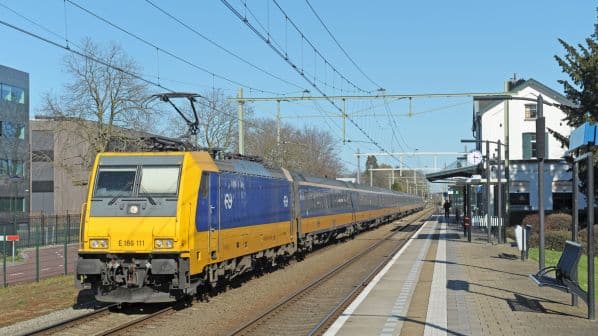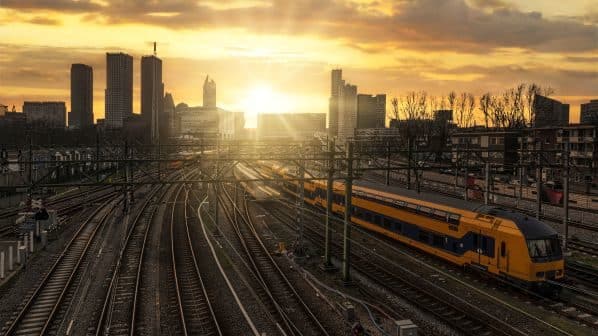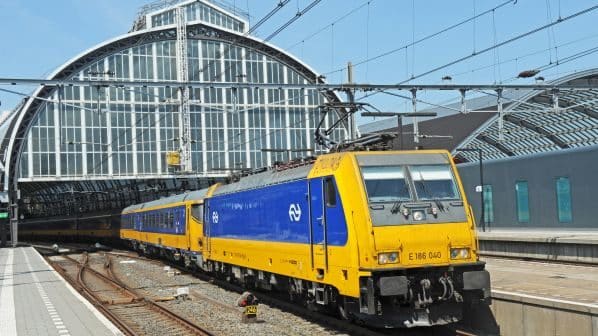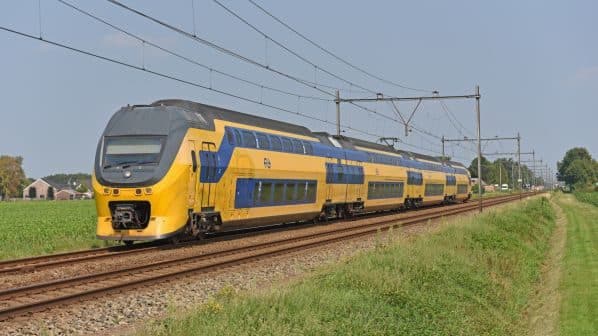THE Dutch government is considering whether it will need to provide Netherlands Railways (NS) with financial support in order to ensure a good level of service under the next 10-year Main Line Network (HRN) concession.
Ms Vivianne Heijnen, secretary of state at the Ministry of Infrastructure, has told the Dutch Parliament that options under consideration include introducing subsidies for loss-making HRN services and lifting the fee paid by the operator.
NS currently pays €80m a year under the current HRN concession, which expires on December 31 2024, but it is not yet known what changes in government finance will be required if this fee is lifted.
Also under consideration is major change to the fares regime, which would enable the operator to charge more for travel during peak periods and to set fares according to market demand, rather than the existing distance-based formula.
The operator would also be able to increase ticket prices more substantially, but Heijnen has stressed that financial support will be limited to only those operations where NS is making a loss.
The options under consideration aim to fill the funding gap created by passenger traffic that is now lower than before the Covid-19 pandemic, while NS finances are under strain from inflation and the increase in energy, staff and maintenance costs.
“To close the gap, both the state and NS must act and passengers will also play their part,” Heijnen says.
The government is currently preparing to directly award the new HRN concession to NS, which must be completed before December 25. This is when the transition period allowing direct awards without open competition expires, as established by European Union’s (EU) Fourth Railway Package.
Legal proceedings are ongoing against the Ministry of Infrastructure and NS over this direct award, initiated by Netherlands Federation of Transport Companies (FMN), which represents new entrants Arriva Nederland, Transdev, Qbuzz, Keolis and EBS, as well as other stakeholders including the Alliance of Passenger Rail New Entrants in Europe (AllRail).
They are arguing that the direct award would be in contravention of EU law, but an urgent lawsuit seeking to end the award process was dismissed in December 2022. An appeal considered last week was also rejected by the court on the grounds that the urgent proceeding was not intended to consider the lawfulness of the preparations being made for the direct award.
A verdict is expected next month in the main court case considering the lawfulness of the government’s actions.




